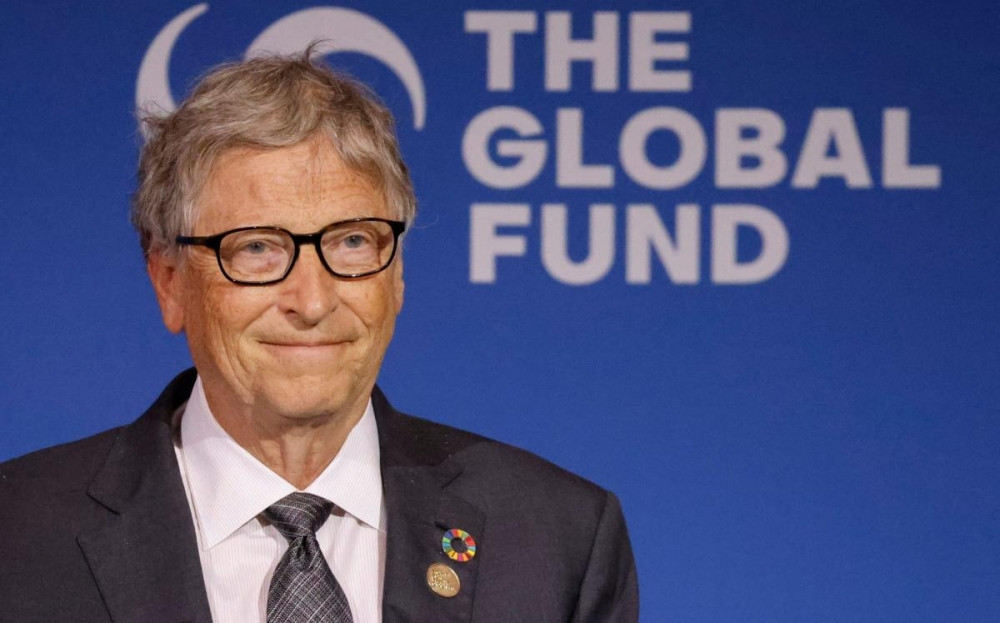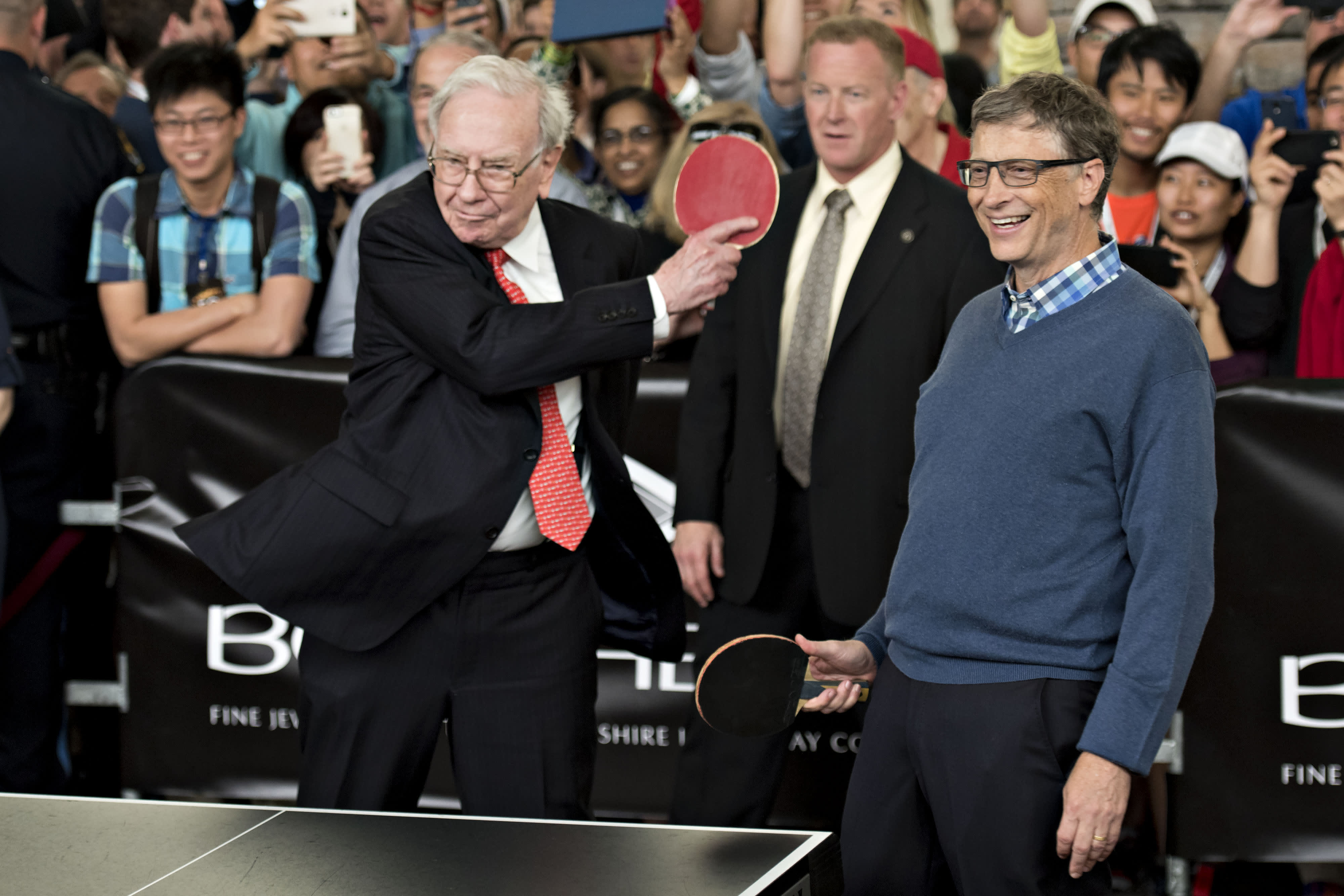If Gates maintains his 45% stake, his fortune is likely to eclipse the net worth of Musk and Bezos.

If he holds on to Microsoft shares, how much money does billionaire Bill Gates currently have?The co-founder of Microsoft Corporation is known as a person who has a great influence on the technology world and is known as one of the richest billionaires on the planet.
However, AFP has proposed a “what if” hypothesis if the American billionaire “diamond-hands” (diamond-hand, slang for investors holding stocks for a long time regardless of price fluctuations). his Microsoft shares, his fortune could have skyrocketed to unprecedented levels.
In 2021, an article appeared with the content: “What if Gates kept his original shares in Microsoft? Can he surpass the richest people today, like Tesla CEO Elon Musk or Amazon founder Jeff Bezos, to become the richest trillionaire?

The story begins with Microsoft’s initial public offering (IPO) in 1986. At that time, Gates held 49% of the company’s shares, which later decreased slightly to 45%.
Currently, Microsoft’s market capitalization is approximately $2.805 trillion. If Gates maintained his 45% stake, it would be equivalent to $1.23 trillion today – a figure capable of eclipsing the net worth of Musk and Bezos.
Microsoft’s journey to becoming a trillion-dollar empire is a testament to its resilience and innovation in the technology industry. Gates’ vision and leadership in its early years played a key role in the development of the American technology empire. In 1999, Microsoft exceeded its valuation of $500 billion and at that time Gates still owned about 20% of the company’s shares. If he had preserved these shares, today they would be worth more than $500 billion.

However, Gates’ approach to wealth is markedly different. Currently, he only holds 1.38% of Microsoft shares, equivalent to 103 million shares. The significant reduction in the initial number of shares after the initial issuance indicates a strategic change in his investment philosophy.
Investment portfolio diversification strategy
Over time, Gates has diversified his investment portfolio away from the concentration of assets in Microsoft.

As of November, his net worth was estimated at about $116 billion. A significant portion of that comes from shares in Microsoft, both directly and indirectly. In addition, there is about 20.28% of public shares in Berkshire Hathaway, a group led by billionaire Warren Buffett.
Gates’s fortune, although reduced from its trillion-dollar potential, is still enormous. In 1999, his assets were nearly three times that of Buffett, the second richest billionaire in the world at that time. That same year, Gates’ assets surpassed the $100 billion mark, a milestone that took Buffett many years to achieve.
Gates’ decision to diversify his investments and reduce his stake in Microsoft over the years reflects a broader trend among the super-rich to minimize risk and explore opportunity. While this strategy may cost him the title of world’s first trillionaire, it represents a more balanced approach to wealth management.
At the same time, this decision also paved the way for far-reaching philanthropic efforts, further cementing his legacy not only as a tech mogul but also as a global humanitarian.
Through this story, it is clear that Gates’ mark on the world goes beyond Microsoft and assumptions about his net worth.

Gates’ evolution from a technology visionary to a diverse investor and philanthropist remains a testament to Gates’ multifaceted influence. Not only has he shaped the technology industry, but he has also made significant strides in global education and health through his philanthropy.





